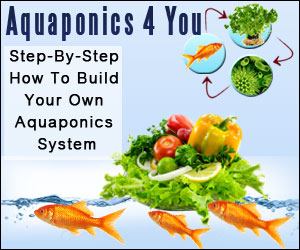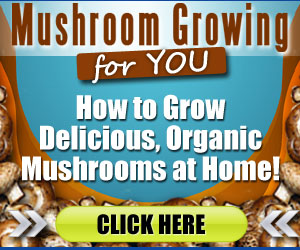The Vegetarian Mom to Be
Whether you are already a vegetarian and have learned you were pregnant or you are adopting the vegetarian lifestyle along with your pregnancy, its important to be aware of the special needs of your body and the body of that infant inside you so you supplement your diet appropriately for a healthy pregnancy.
For obvious reasons, calcium is one of the biggest concerns for your diet if you are taking meat out of your meal planning. If you have not already eliminated milk and cheese from your diet but are at the level of vegetarian meal planning of just eliminating meat, it might be wise to leave those other items in your diet for the course of your pregnancy so you have a natural and abundant source of calcium and protein in those diary products. But there are other sources of calcium you can draw on from your diet including tofu, broccoli, green leafy vegetables and others.
Next to Calcium, Vitamin D is a big need for the development of your pregnancy. Rather than resort to pills, there is a natural source of plenty of vitamin D – sunlight. By getting about twenty minutes of good sunshine each day, you will natural absorb the vitamin D you need. But be sure you go out in a weak sunlight without sun block so you get the good of your time outdoors but don’t get a sunburn. If you cannot get direct sunlight one day due to weather or other hindrances, you can get some Vitamin D from cereals and milk if that is allowed in your diet.
B12 can be a problem on a vegetable diet because it is not abundant just in plants. You can get B12 from soy milk or using vitamin enhanced cereals that will give you the levels you need. Just remember when reading the vitamin ingredient panel on cereals that the minimum daily requirements listed there are not for pregnant women.
You will have to dig a bit deeper to know what the actual values of B12 requirements are and how much you need to supplement your diet to continue a healthy pregnancy. So consult with your doctor to know exactly what to do to keep your nutrition levels up. Your doctor can also help you modify your vegetarian diet plan to accommodate the extra vitamin needs of a growing baby inside you.
Iron is a big requirement for women in any stage of life because of the increased demand during menstruation. But during pregnancy, that need is even more critical and the levels of iron your body needs are much greater, especially in the later stages of pregnancy.
Good sources of iron include beans, molasses, seeds, leafy vegetables and nuts. Some cereals and breads are also iron supplemented but as before, make sure the levels are what you need nutritionally. And if you are not getting a full compliment of iron each day, dont be shy about turning to vitamin supplements.
Any vegetarian diet must be balanced so you get enough protein in your system because for most of us, meat, cheese and milk are our primary sources of protein. But because that little one is growing rapidly inside you, your need for protein is even more important. You can get plenty of protein if your vegetarian meal plans are well rounded and includes soy milk and other natural sources of protein. But be aware of the need and organize your daily diet accordingly.
Zink is another vitamin that often gets overlooked and the need for it in vegetarian diet supporting pregnancy is great. So put some thought into making sure you get your Zink from whole grains and other forms of natural foods.
You may become a bit of a nutritional expert during your pregnancy but if you do, that’s a worthwhile area of knowledge. Early in your pregnancy, consult your doctor about vitamin supplements to keep on hand. While it is preferable to get your nutrition from your foods and you want to enjoy as natural a pregnancy as possible, don’t hesitate to turn to these supplements if the need comes up.





